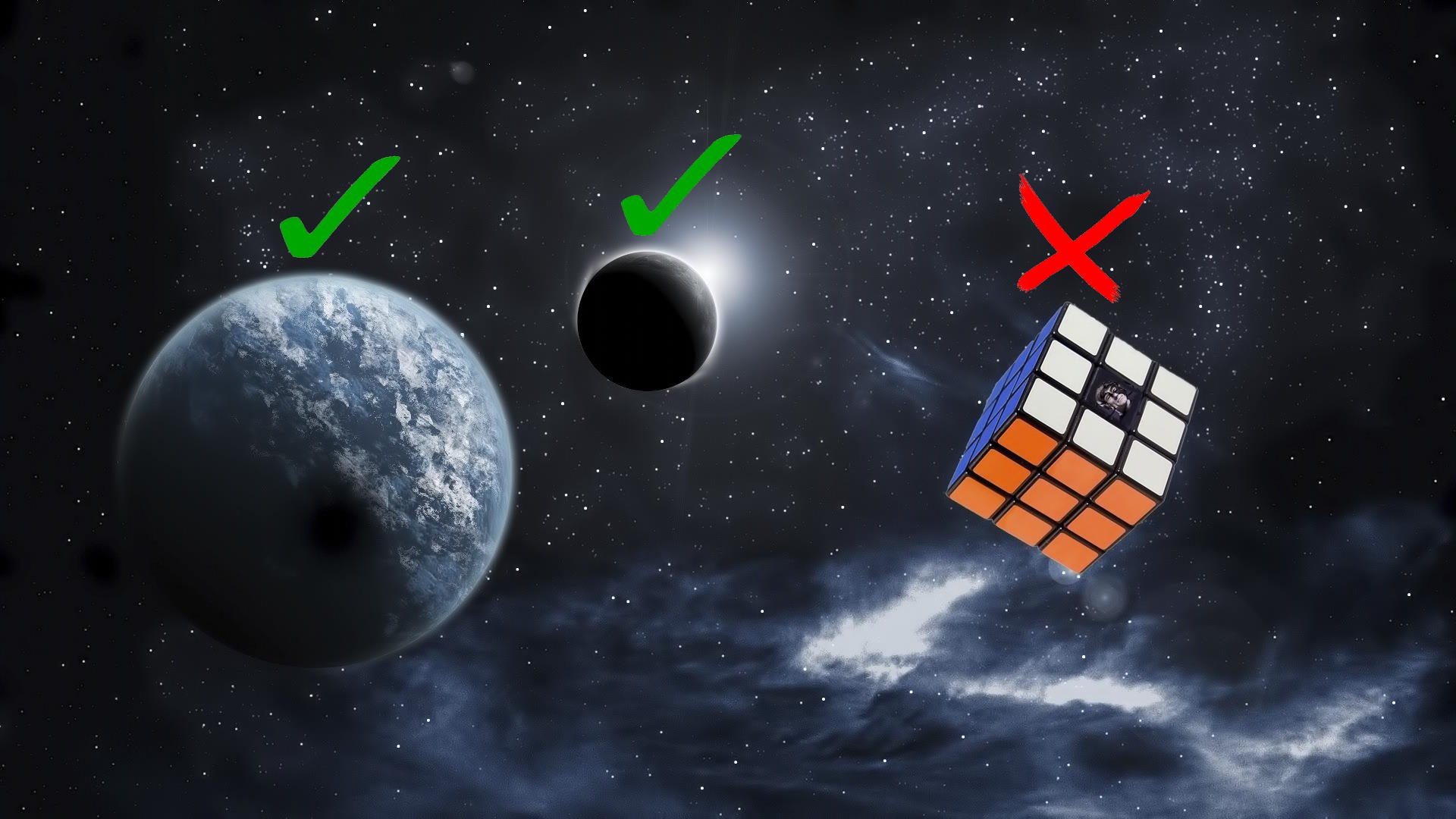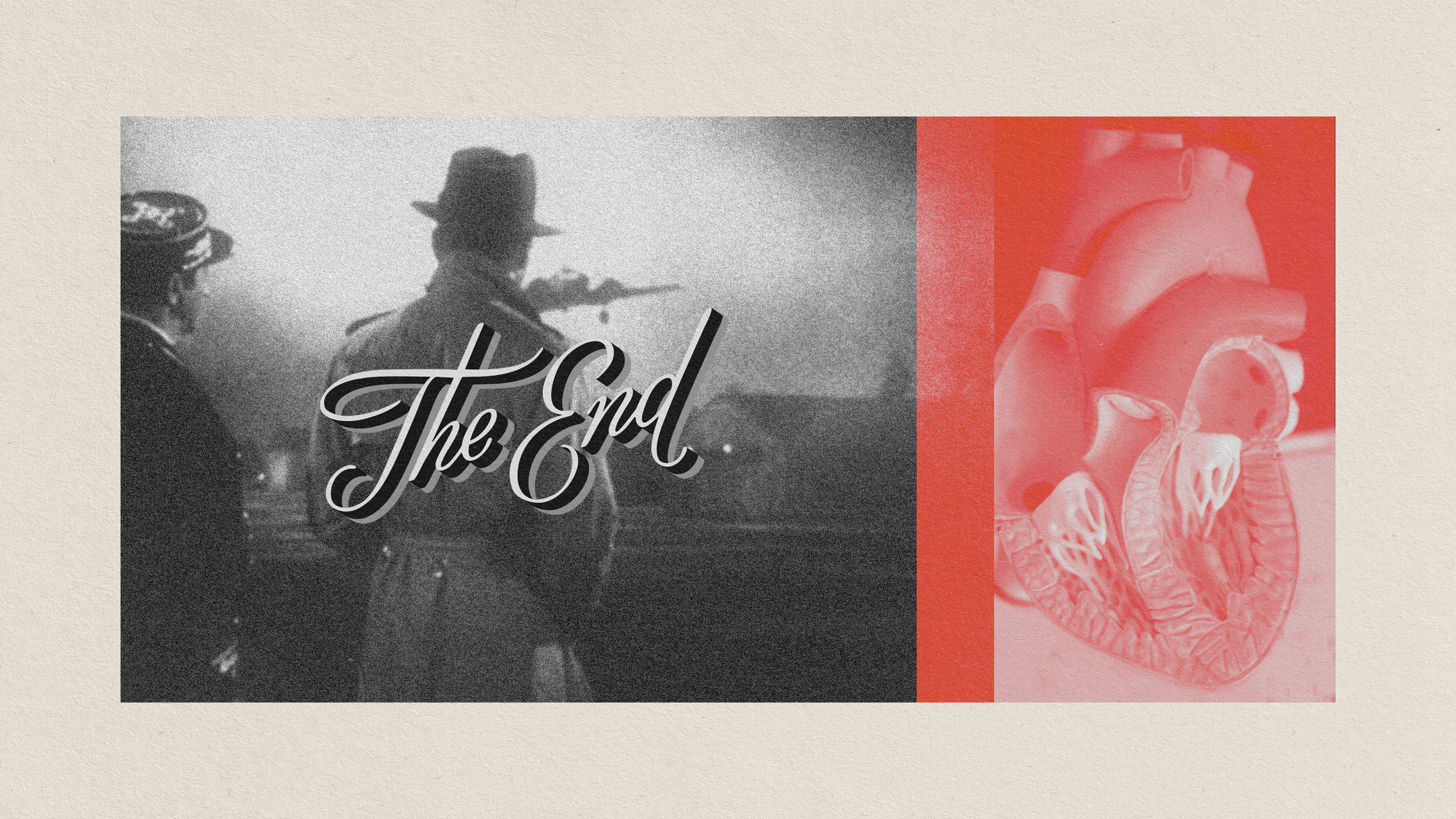Some parents need to confront the fact that their children are not normal and that they are not normal parents either.
Andrew Solomon: A lot of the time parents are profoundly unprepared for the differences that their children will manifest and they experience those differences almost as some kind of an assault on them and on the integrity of their household. And then they need to make the leap to thinking, “If my child is different in this way, not only does my child have an identity as a deaf person or a dwarf, I have an identity as the parent of a deaf person or as the parent of a dwarf.”
The parents have to go well outside of their comfort zone. This wasn’t an identity that they sought. This wasn’t an identity that they wanted but it is fundamental to their identity. So I think of the mother if Dylan Klebold, one of the perpetrators of the Columbine massacre, and how she described being on a train and starting to talk to a stranger. And she said, “And I knew I had to tell him who I am. And who I am forever now is Dylan’s mother.” There’s a sense that these parents are profoundly changed by the identity conditions they confront.
There’s a sense that the child has to learn an identity but the parents also have to learn an identity. And identity as the parents of this child. And often the child leads them in strange directions and it’s difficult for parents to get the balance right because they also need to be leading their child and leading their child is the essential task of parenthood. And yet they need to be led by their child and that’s not the task of all childhood though it is the task of much of childhood.
I think there’s often a conflict between what the parent thinks will be for the best and what the child thinks will be for the best. And sometimes the parents need to get outside of the reality they have which is the reality of conceiving of themselves as fairly normal and anticipating children who will be fairly normal and confront the fact that they are no longer in that life. That they have a different life instead. It’s a substitution. It’s a new reality for them. And the adjustment, the shock of that, can be incredibly difficult. It forces them well outside of their comfort zone. And in the process of getting outside of their comfort zone and listening and expanding in those ways, they realize how to be empathetic with their own children. And that is the cornerstone of being a good parent.
Directed / Produced by Jonathan Fowler and Elizabeth Rodd





